Just like the ancient Greek maxim “know thyself”, new cognitive neuroscience suggest that cultivating self-awareness is key to wisdom. Stephen M Fleming outlines new experiments that image the brain as we make decisions and considers how we can know what to believe.
As a student on a summer break from my psychology degree, I spent a few weeks traveling alone around China. Much of the trip was spent on long, rambling train journeys where pleasantries with my fellow passengers were exchanged via hand signals and a few halting words of Mandarin. There was plenty of time to think while watching the landscape roll by. The book in my backpack was conducive to this – Daniel Dennett’s Freedom Evolves, all about free will. Dennett’s thesis was that we can retain a sense of being free while still acknowledging the determinism inherent in the brain and mind (a view known as compatibilism in philosophy). To me it made a lot of sense (and still does) to define freedom as the capacity to make decisions – to be able to consciously weigh up what to believe or what course of action to take.
But I remember one thing nagging away at me about this picture. It didn’t seem to explain spontaneous changes of mind – those that seem to emerge out of nowhere, dramatically altering our beliefs about reality. If freedom is having conscious command over what we do and say, then surely such shifts that bubble up unbidden into consciousness should not be considered as part of who “we” are. And yet newfound worldviews, formed in such watershed moments, become central to personality and identity.
Take the case of Mark Lynas, an environmental campaigner who for many years was militant in his opposition to genetically modified (GM) foods. He spent years as a guerrilla activist, using machetes to hack up experimental crops and working to remove what he referred to as “genetic pollution” from farms and science labs around the UK. But in 2013 Lynas stood up at the Oxford Farming Conference and confessed that he had been wrong. The video of the meeting is on YouTube and makes for fascinating viewing. Reading from a script, he calmly explains that he had been ignorant about the science and that he now realizes GM is a critical component of a sustainable farming system – something that is saving lives in areas of the planet where non-GM crops would otherwise have died out due to disease. Lynas had undergone a radical change of mind about an issue that he had been passionate about for many years. In an interview as part of the BBC Radio 4 series Why I Changed My Mind, he reveals that his admission felt “like changing sides in a war” and that he lost several close friends in the process.
In my research group at University College London, we are starting to gain insight into the delicate interplay of the conscious and unconscious processes involved in changes of mind. Of course, changes of heart on emotive issues are relatively rare and are difficult to recreate in the lab. But it is now possible to study the fine-scale neural dynamics that underpin how we make – and revise – simple decisions.
It is now possible to study the fine-scale neural dynamics that underpin how we make and revise simple decisions.










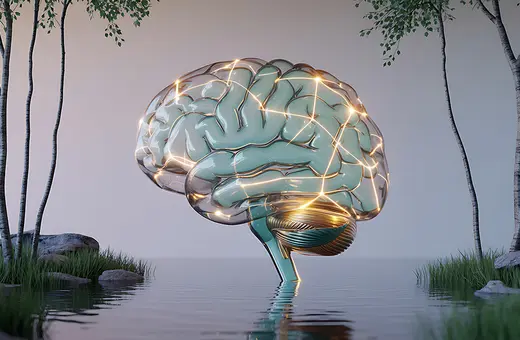
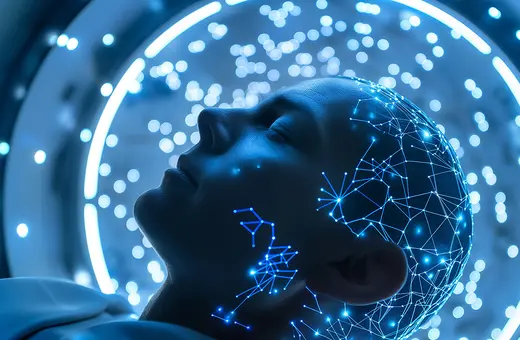
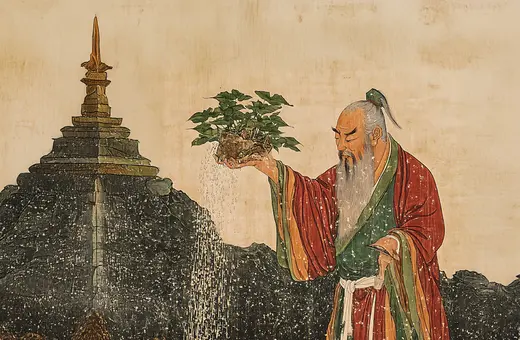
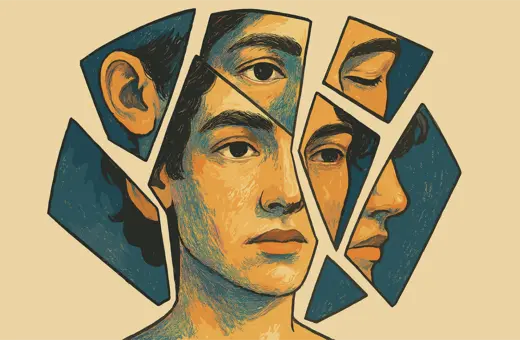
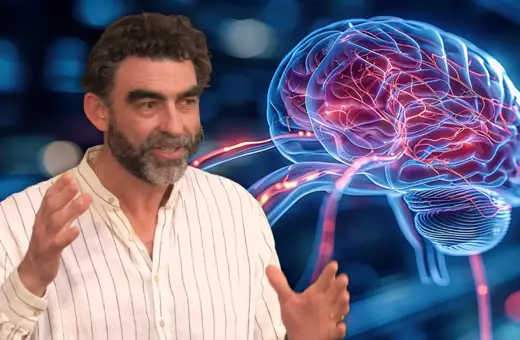

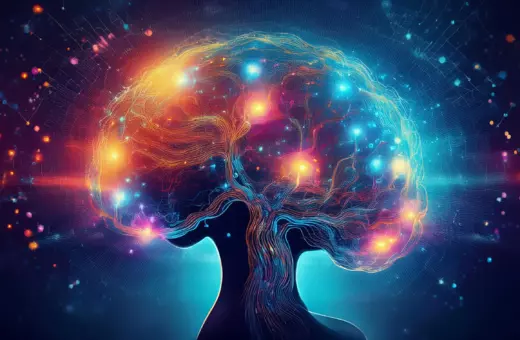

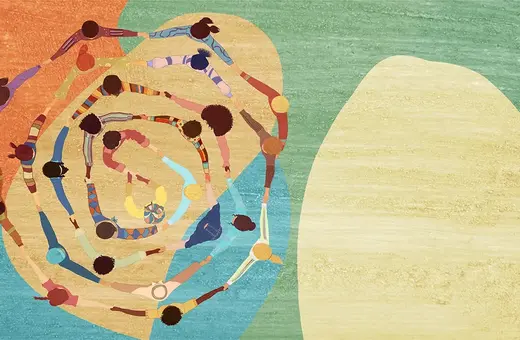
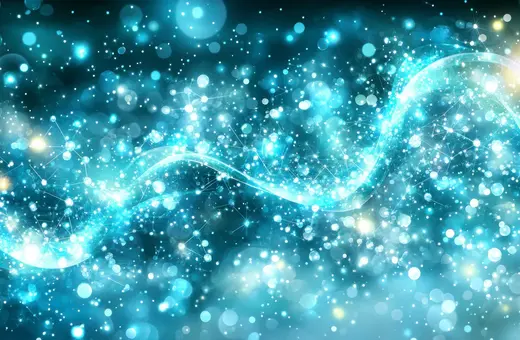

Join the conversation